Tired of unwanted creepy-crawlies invading your living space? Say goodbye to chemical repellents and hello to the power of plants! 🌱🌻
In this article, we’re diving into the wonderful world of natural pest-repelling plants that not only keep your home critter-free but also add a touch of greenery and fresh fragrance to your surroundings.
🌿🌸 Get ready to discover your new allies in the battle against pests and learn how to care for them with ease. 🌞🏠
Lavender – A Popular Spider Deterrent
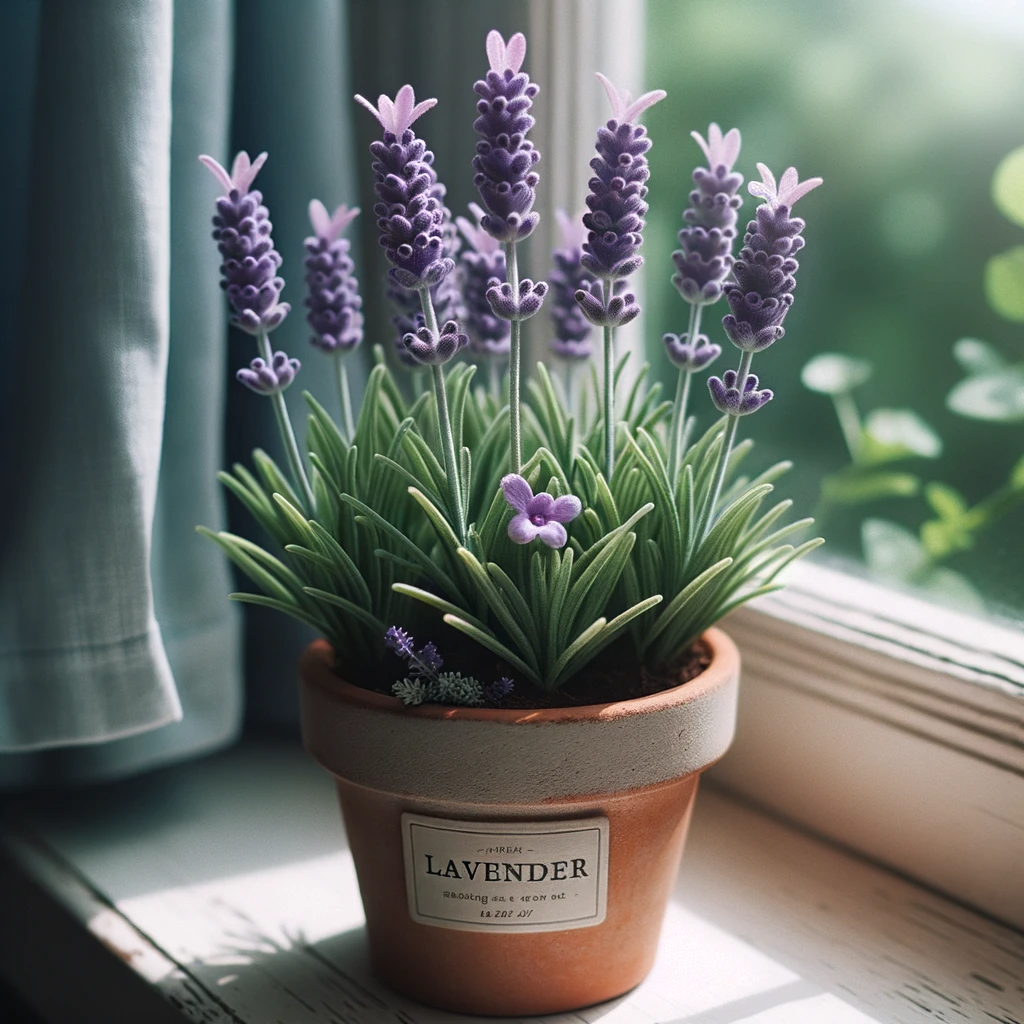
Lavender is a fantastic deterrent for spiders due to its aromatic compounds that these arachnids dislike. It not only adds a pleasant fragrance to your home but also keeps unwanted eight-legged guests at bay. To care for lavender indoors, ensure well-drained soil, plenty of sunlight, and moderate watering.
- Well-Drained Soil: Lavender thrives in soil that drains well to prevent root rot.
- Plenty of Sunlight: Provide at least six hours of direct sunlight each day for optimal growth.
- Moderate Watering: Water the plant consistently but allow the soil to dry slightly between waterings.
Lemongrass
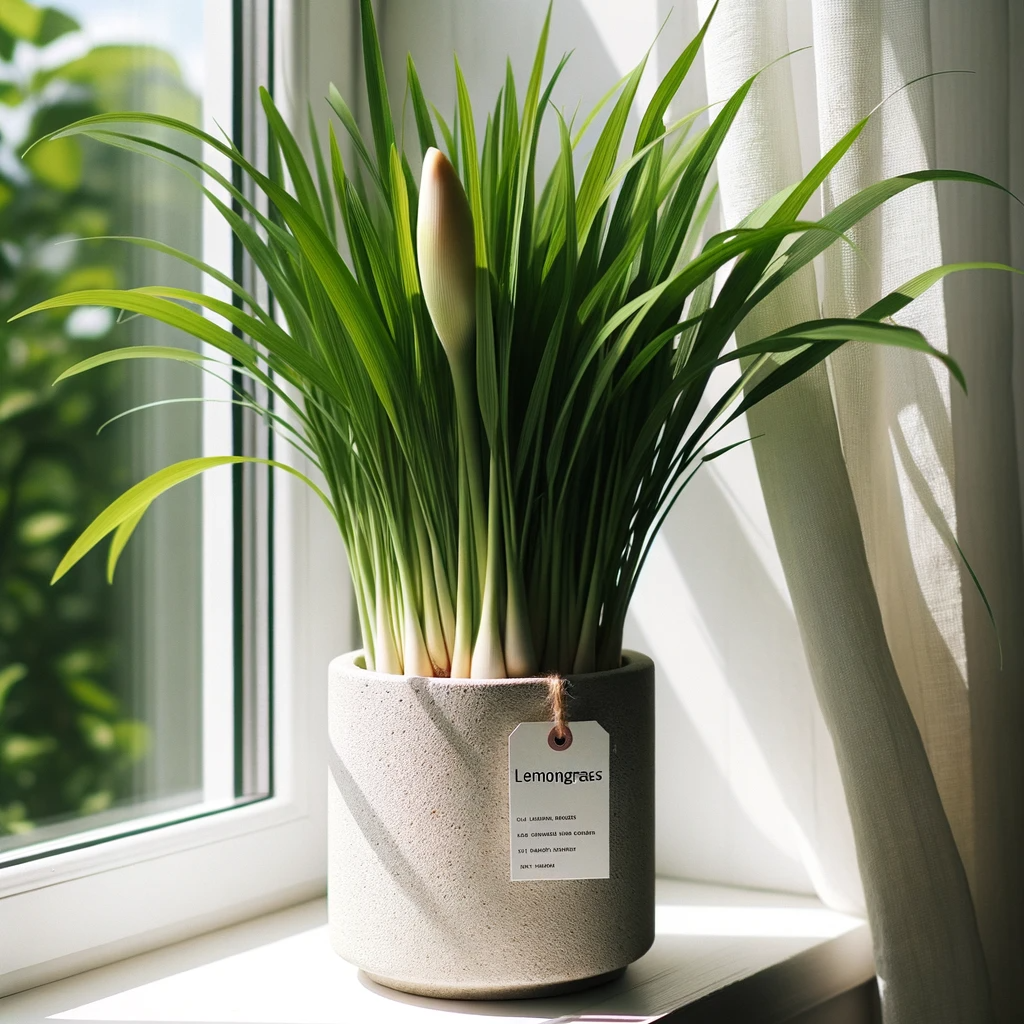
Lemongrass is a natural mosquito repellent, thanks to its citronella content. Placing it in a sunny spot indoors helps deter mosquitoes effectively. To maintain a thriving lemongrass plant, provide ample sunlight, well-draining soil, and regular watering.
- Ample Sunlight: Place lemongrass near a sunny window, as it requires a lot of sunlight.
- Well-Draining Soil: Use soil that allows excess water to drain away to prevent waterlogged roots.
- Regular Watering: Keep the soil consistently moist but avoid overwatering.
Chrysanthemums
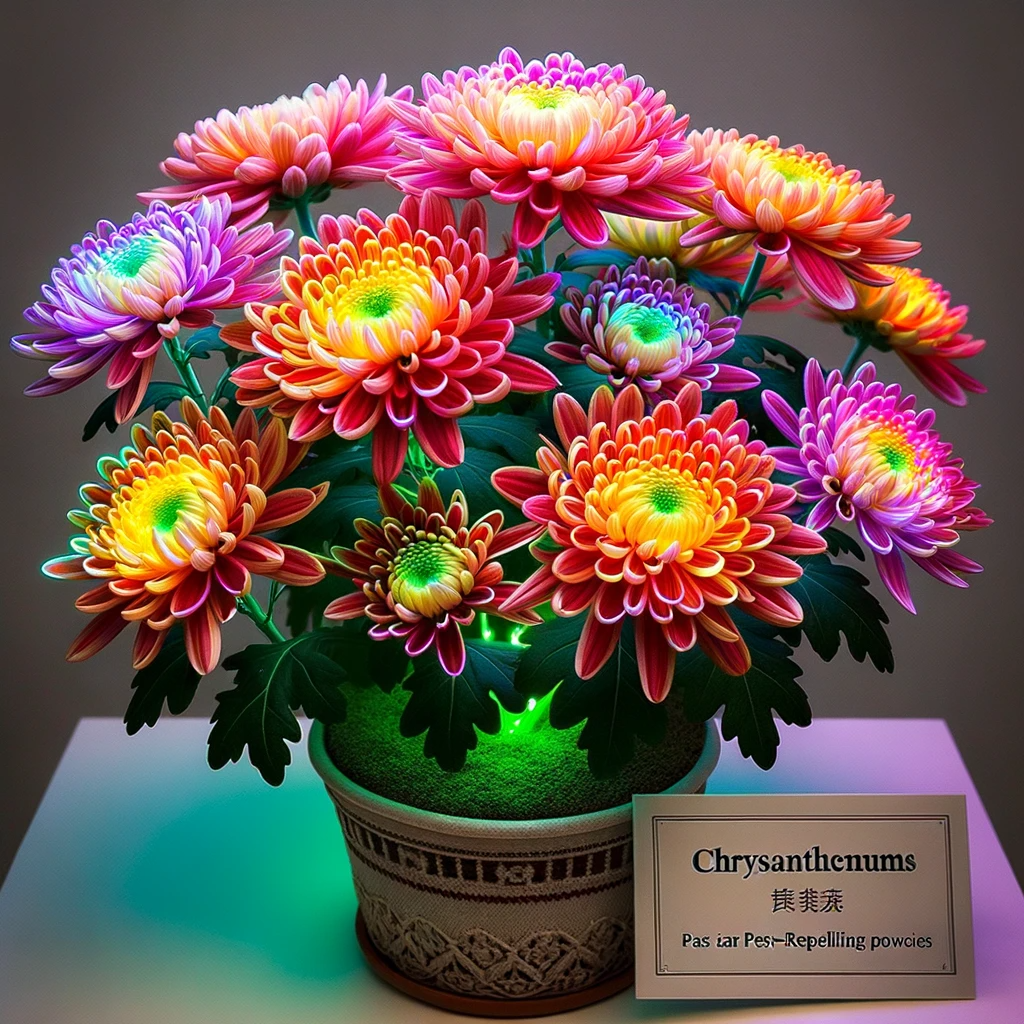
Chrysanthemums contain pyrethrum, making them excellent at repelling various pests. These vibrant flowers can be grown indoors with proper care. To ensure their pest-deterring properties, keep them in well-lit areas, maintain well-draining soil, and prune them regularly for optimal health.
- Well-Lit Areas: Place chrysanthemums in well-lit spots to maintain their pest-repelling capabilities.
- Well-Draining Soil: Use soil that allows water to drain away to prevent root issues.
- Regular Pruning: Prune the plant regularly to encourage new growth and release more repellent compounds.
Basil
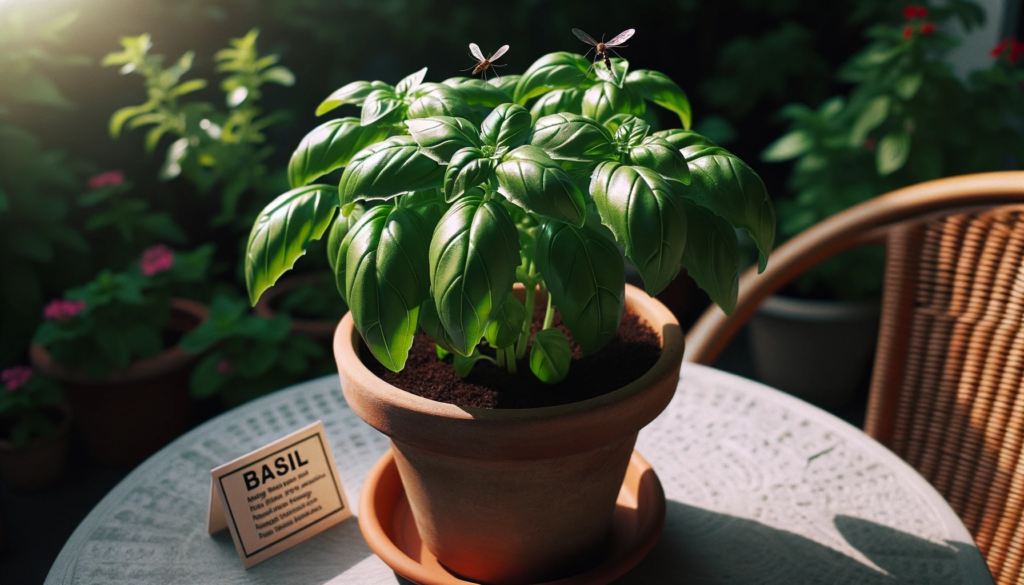
Basil is a natural repellent for mosquitoes and flies, making it a handy addition to your indoor garden. To ensure it continues to deter these pests effectively, follow these care tips:
- Plenty of Sunlight: Basil prefers abundant sunlight, so place it near a sunny window.
- Regular Pruning: Pruning encourages bushier growth and more abundant repellent compounds.
- Consistent Watering: Keep the soil consistently moist but not waterlogged.
Test Your Indoor Plant Knowledge!

Rosemary
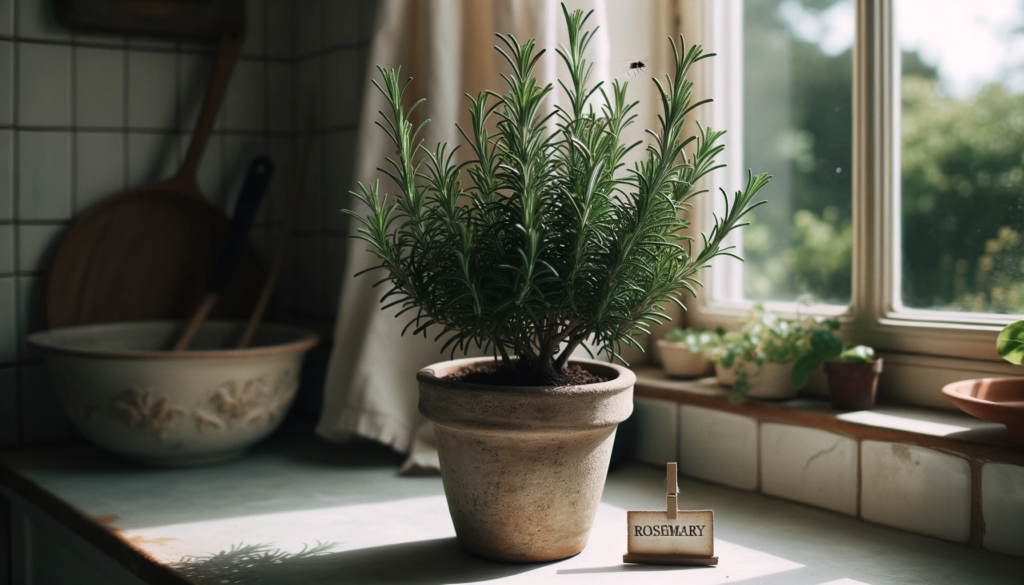
Rosemary, with its fragrant leaves, is known for repelling mosquitoes and a variety of other insects. Here’s how to care for it indoors:
- Indoor Containers: Grow rosemary in containers indoors to control its size.
- Sunny Location: Provide plenty of sunlight for this herb.
- Moderate Watering: Water the plant when the top inch of soil feels dry.
Mint
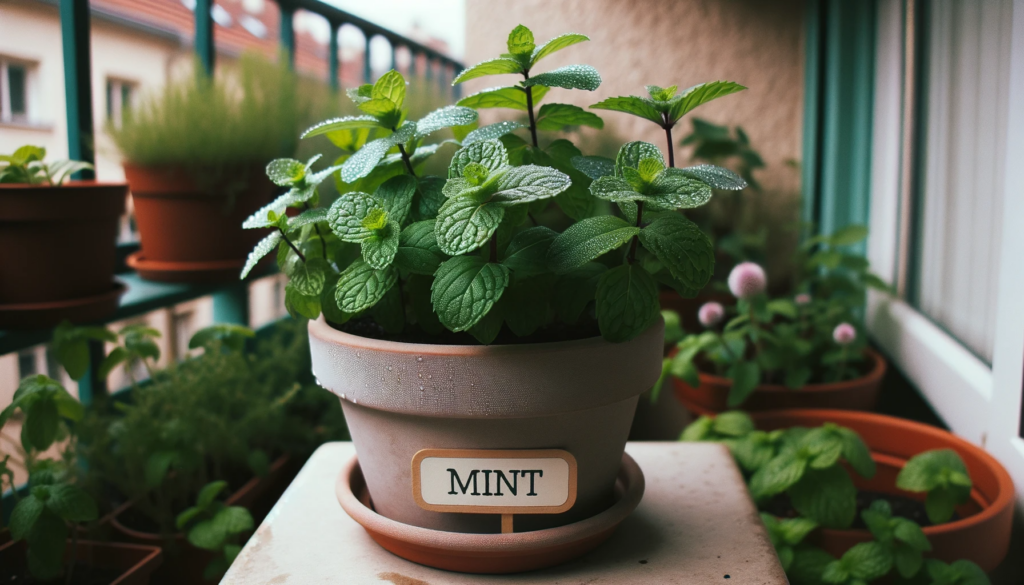
Peppermint and spearmint are excellent choices for repelling spiders and other pests indoors. To keep them thriving and pest-deterring, consider these care tips:
- Container Gardening: Plant mint in pots to prevent it from spreading too much.
- Bright Light: Mint loves bright, indirect sunlight.
- Regular Pruning: Prune the plant to encourage bushy growth and release more repellent compounds.
Eucalyptus
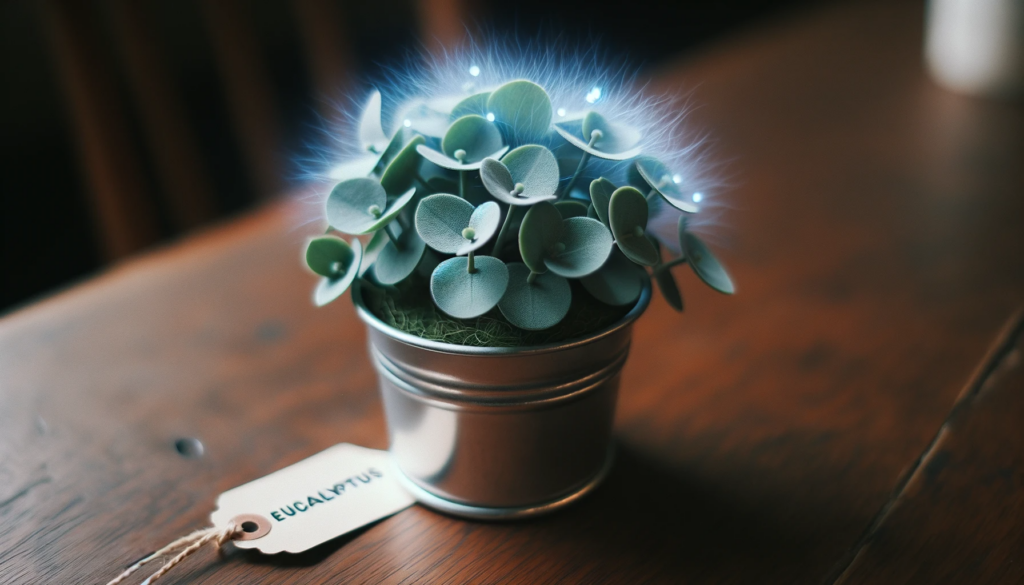
While typically a large tree, eucalyptus can be grown in smaller pots indoors due to its spider-repelling scent. Here’s how to care for it:
- Choose a Suitable Pot: Select a pot that accommodates the size of the eucalyptus you want to grow indoors.
- Indirect Sunlight: Provide bright, indirect sunlight.
- Moderate Watering: Keep the soil consistently moist but not soggy.
Citronella Plant
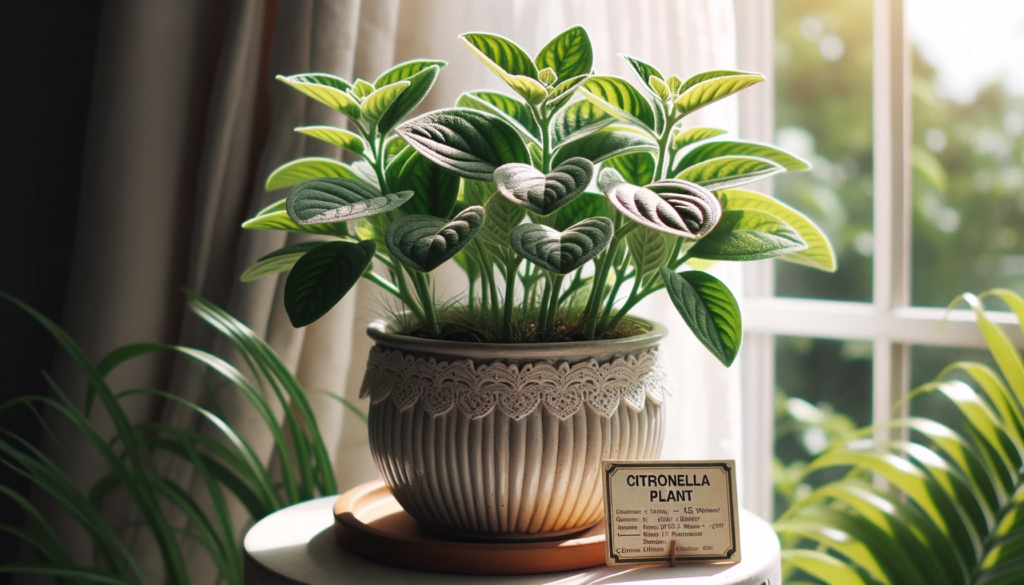
The citronella plant is the source of citronella oil, a well-known mosquito repellent. To maximize its mosquito-deterring capabilities indoors, consider these care tips:
- Ample Light: Place the citronella plant near a sunny window.
- Regular Pruning: Prune the plant to encourage bushy growth and release more citronella fragrance.
- Proper Watering: Maintain consistent moisture in the soil, but avoid overwatering.
Geranium
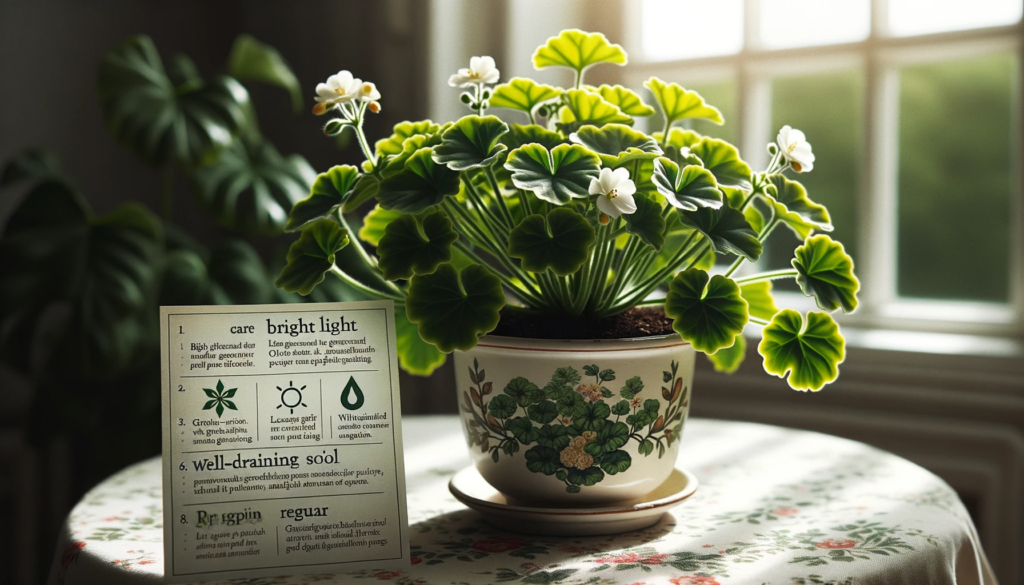
Lemon-scented geraniums can deter mosquitoes and can be grown indoors. Here’s how to care for them:
- Bright Light: Provide bright, indirect sunlight for your geranium.
- Well-Draining Soil: Use well-draining soil to prevent root rot.
- Regular Pruning: Prune the plant to maintain its shape and release more repellent fragrance.
Marigolds
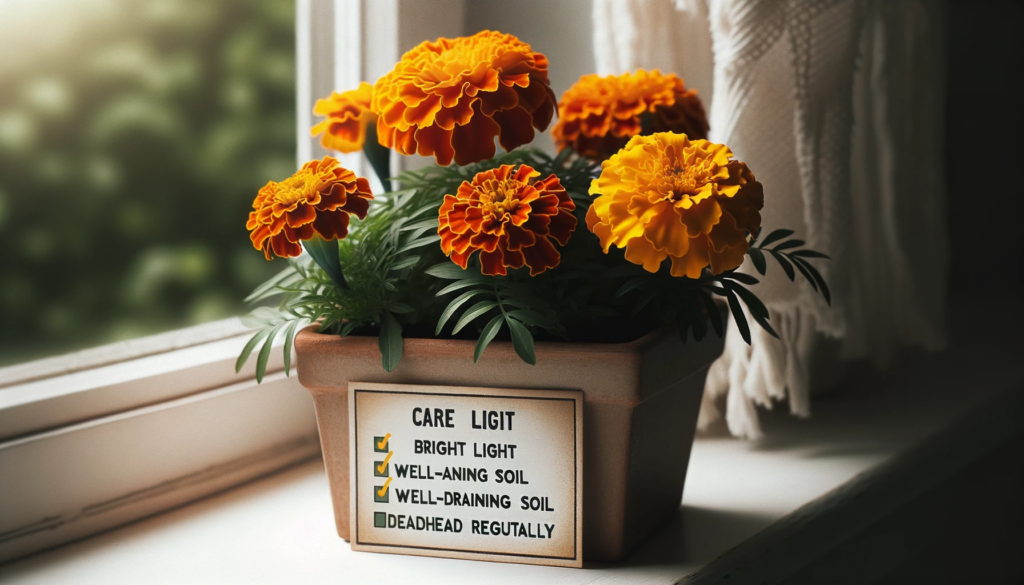
Marigolds are known for their ability to repel various insects, including mosquitoes, thanks to their pungent scent. To maximize their pest-deterring potential indoors, follow these care tips:
- Bright Light: Marigolds thrive in bright, indirect sunlight.
- Well-Draining Soil: Use soil that allows excess water to drain away.
- Deadhead Regularly: Remove faded flowers to encourage continuous blooming and pest-repelling qualities.
Catnip
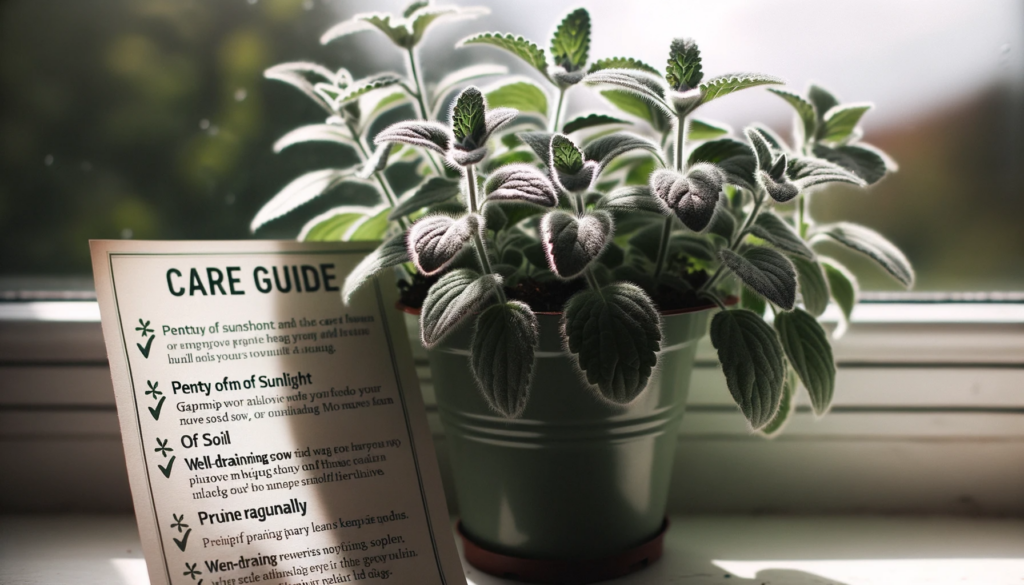
Catnip is not only irresistible to cats but also effective at repelling mosquitoes and other insects. Here’s how to care for catnip indoors:
- Plenty of Sunlight: Provide at least six hours of direct sunlight daily.
- Well-Draining Soil: Use well-draining soil to prevent root issues.
- Prune Regularly: Pruning encourages bushier growth and releases more repellent compounds.
Take the HARD Plant Quiz







Very well. Where can I get all these plants here in kenya? Some available but others are unreachable. Except mint, rosemary, which are very common here. Thank you for that information.
Yes – these plants may be difficult to get in some areas – Thanks for your comment – Mint and rosemary are a great start!
Those can be tuff quizzes . I past them with a 90% . From jennie landers